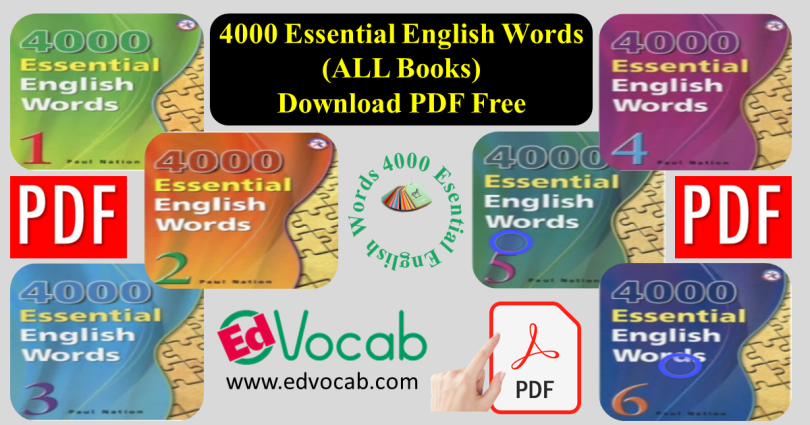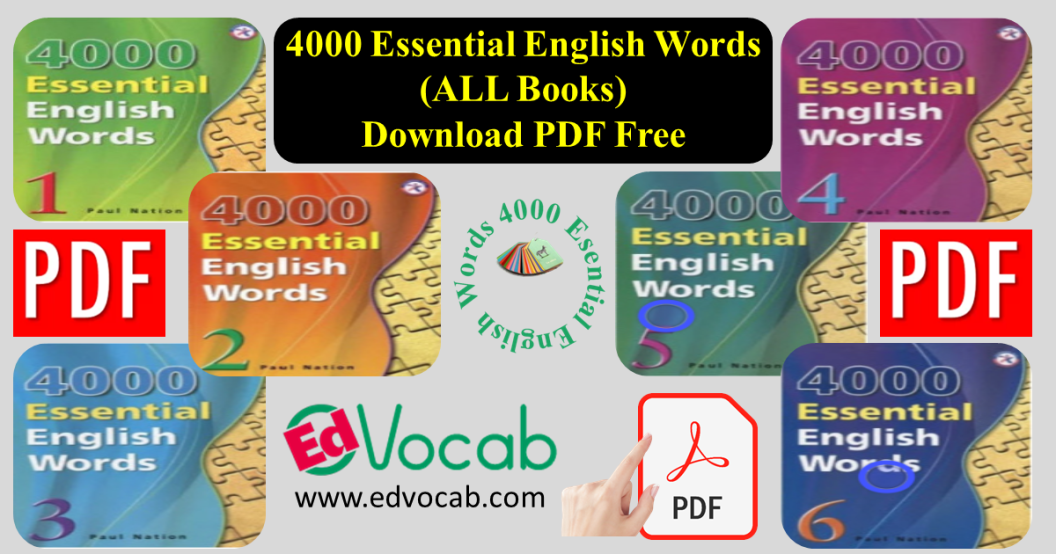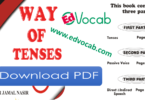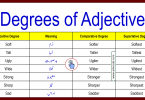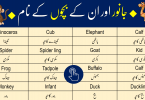English vocabulary refers to the total set of words and phrases that are used in the English language. The English language has one of the largest vocabularies of any language, with estimates of over one million words. Vocabulary includes words that are commonly used in everyday conversation, as well as more specialized terminology used in specific fields or industries. English vocabulary is constantly evolving, with new words and phrases being added to the language on a regular basis. This can be due to technological advancements, changes in culture, or the influence of other languages. English also has a rich history, with words and phrases borrowed from other languages such as Latin, Greek, French, and German. Building a strong vocabulary is an important aspect of learning English, as it enables individuals to communicate more effectively and understand written and spoken language more easily. There are many resources available to help individuals expand their vocabulary, including dictionaries, thesauruses, vocabulary-building apps, and online courses.
Essential English Words
Essential English Words (EEW) is a series of English language learning books that aim to help English learners improve their vocabulary and reading comprehension skills. The series is composed of six levels, each containing 600 words that are considered essential for English learners to know and use in everyday communication.
The EEW series is designed to help learners develop a strong foundation in English vocabulary by providing clear definitions, example sentences, and contextually appropriate illustrations for each word. The books are organized by theme and are based on the most common topics encountered in everyday life, such as family, work, food, travel, and health.
The EEW series is suitable for learners of all ages and proficiency levels, from beginner to advanced. It is a popular resource for English language learners around the world, especially those who are preparing for English proficiency exams such as TOEFL, IELTS, and TOEIC.
In addition to the books, the EEW series also offers audio recordings and interactive online exercises to help learners practice their vocabulary and reading comprehension skills.
Academic English vocabulary
Academic vocabulary refers to the specialized words and phrases that are commonly used in academic settings, such as in academic papers, lectures, textbooks, and research studies. These words and phrases are typically more formal, precise, and technical than everyday language, and they are often used to convey complex ideas and concepts in a clear and concise manner.
Some examples of academic vocabulary include:
- Hypothesis: a proposed explanation or prediction that can be tested through research
- Methodology: the systematic approach and techniques used to conduct research or analysis
- Empirical: based on observation or experience, rather than theory or speculation
- Paradigm: a set of assumptions, concepts, values, and practices that forms a particular way of thinking about a subject or problem
- Synthesis: the process of combining different ideas or information to create a new understanding or perspective
- Dichotomy: a division or contrast between two things that are represented as being opposed or entirely different
- Conjecture: a guess or hypothesis based on incomplete or uncertain information
- Pedagogy: the art and science of teaching and education
- Pragmatic: practical, focused on achieving results rather than theoretical considerations
- Quantitative: relating to or measured by the quantity or numerical values of something.
Using academic vocabulary correctly can help to convey your ideas clearly and effectively in academic writing and speaking, and it can also help to demonstrate your understanding of the subject matter.
Daily use English vocabulary
Daily use vocabulary refers to the words and phrases that are commonly used in everyday life, such as in conversations with friends, family, or colleagues, as well as in written communication, such as emails and text messages. These words and phrases are generally simpler, more informal, and easier to understand than academic vocabulary.
Some examples of daily use vocabulary include:
- Hello: a common greeting used to acknowledge someone when you see or meet them
- Goodbye: a common farewell used when leaving or ending a conversation
- Thank you: an expression of gratitude or appreciation
- Please: a polite way of making a request or asking for something
- Sorry: an expression of regret or apology for something you did wrong or that caused inconvenience to someone else
- Yes: an affirmative response to a question or request
- No: a negative response to a question or request
- Excuse me: a polite way of interrupting someone or getting their attention
- How are you?: a common greeting used to ask about someone’s well-being or mood
- Have a good day: a common farewell used to wish someone a pleasant day.
Using appropriate daily use vocabulary can help to convey your message clearly and effectively in informal settings, and it can also help to establish and maintain positive social relationships.
Benefits to learning new English vocabulary
There are numerous benefits to learning new vocabulary, including:
- Enhanced communication skills: The more words you know, the more effectively you can communicate your thoughts, feelings, and ideas. A rich vocabulary allows you to express yourself more precisely and with greater clarity, which can lead to better communication with others.
- Improved reading comprehension: Vocabulary is essential for reading comprehension. If you don’t understand the words you’re reading, you won’t be able to understand the message the author is trying to convey. Building your vocabulary can help you read and understand a wider range of texts.
- Better writing skills: A larger vocabulary can help you write more effectively, allowing you to choose the most appropriate words for your writing. Using a variety of words can also make your writing more engaging and interesting to readers.
- Increased confidence: When you have a strong vocabulary, you feel more confident in your ability to communicate effectively, both in writing and in conversation. This confidence can translate to other areas of your life, such as in social situations and in the workplace.
- Enhanced cognitive function: Research has shown that learning new vocabulary can improve cognitive function, including memory, attention, and problem-solving skills.
- Expanded cultural understanding: Vocabulary is often linked to cultural understanding. As you learn new words, you also learn about the culture and history behind those words, which can broaden your understanding of the world.
Overall, building your vocabulary can have a positive impact on many areas of your life, from communication and learning to personal growth and cultural understanding.
Download 4000 Essential English Words (all books)
- 4000 essential english words 1 Download in pdf
- 4000 essential english words 2 Download in pdf
- 4000 essential english words 3 Download in pdf
- 4000 essential english words 4 Download in pdf
- 4000 essential english words 5 Download in pdf
- 4000 essential english words 6 Download in pdf

